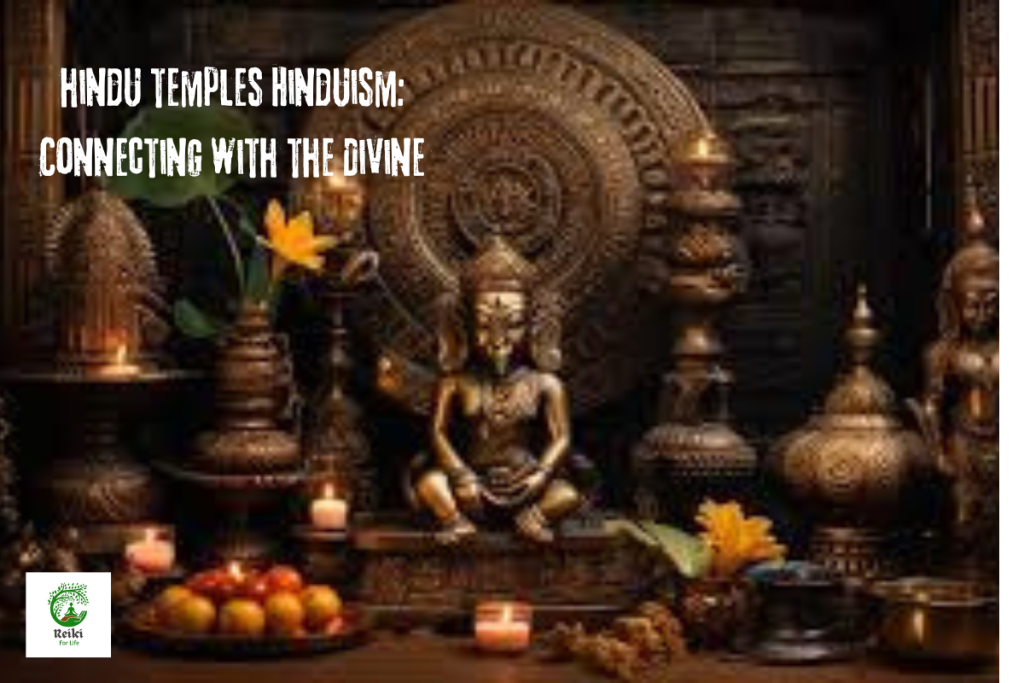In a world of endless hustle and uncertainty, the desire for peace of mind unites people across cultures and beliefs. Prayer, a timeless spiritual practice, offers solace and inner calm to individuals, regardless of their religious background. By turning to prayer for peace of mind, many find the strength to overcome challenges, calm their thoughts, and reconnect with their higher power.
This article delves into how different religions approach prayer for peace, highlighting the universal quest for tranquility and spiritual harmony.
Christianity: Surrendering to God’s Peace

Popular Prayers for Peace of Mind
- The Serenity Prayer:
“God, grant me the serenity to accept the things I cannot change, courage to change the things I can, and wisdom to know the difference.”
This prayer encourages surrender to divine will, fostering inner calm and acceptance. - Philippians 4:6-7:
“Do not be anxious about anything, but in every situation, by prayer and petition, with thanksgiving, present your requests to God.”
This scripture reminds believers to find peace through trust and gratitude.
Key Practices
- Silent reflection during personal prayer.
- Participating in group prayers at church services.
- Lighting candles as a symbolic act of invoking peace.
Islam: Submitting to Allah’s Will

Duas (Supplications) for Peace
- “Allahumma inni as’aluka al-afwa wal-afiyah fi dunya wal akhirah”
Translation: “O Allah, I ask You for pardon and well-being in this life and the Hereafter.”
This supplication focuses on divine forgiveness and holistic well-being. - Surah Al-Ra’d (13:28):
“Indeed, in the remembrance of Allah do hearts find rest.”
Reciting Quranic verses reassures believers of Allah’s control and mercy.
Key Practices
- Performing daily Salah with mindfulness.
- Engaging in Dhikr (remembrance of Allah).
- Seeking peace through Istikhara (prayer for guidance).
Buddhism: Mindfulness and Inner Tranquility

Prayers and Chants
- Metta Prayer (Loving-Kindness):
“May I be happy. May I be peaceful. May I be free from suffering.”
This prayer extends goodwill and compassion to oneself and others. - The Heart Sutra:
A sacred chant that helps Buddhists find clarity and transcend worries by understanding impermanence.
Key Practices
- Daily meditation to achieve mental calm.
- Chanting mantras like “Om Mani Padme Hum” to invoke peace.
- Practicing non-attachment to reduce stress.
Hinduism: Connecting with the Divine

Mantras for Peace
- Shanti Mantra:
“Om Shanti, Shanti, Shanti”
Translation: “Peace, Peace, Peace.”
This mantra invokes universal peace and stillness. - Gayatri Mantra:
“Om Bhur Bhuva Swaha, Tat Savitur Varenyam, Bhargo Devasya Dhimahi, Dhiyo Yo Nah Prachodayat.”
This prayer connects the individual with divine light and guidance.
Key Practices
- Performing Puja (worship) at home or temples.
- Meditating with sacred symbols like Om.
- Offering prayers at sacred rivers for mental purification.
Judaism: Trusting in God’s Covenant

Prayers for Peace
- Shalom Prayer:
“May there be peace within your walls and security within your towers.” (Psalm 122:7)
This prayer calls for peace within oneself and the community. - The Amidah:
A central prayer in Jewish liturgy, it includes petitions for peace and well-being.
Key Practices
- Observing Shabbat (Sabbath) as a day of rest and reflection.
- Reciting blessings of gratitude and trust.
- Practicing Hitbodedut (personal prayer in solitude).
Common Threads Across Religions
Despite their differences, all religions share fundamental approaches to achieving peace of mind:
- Reflection: Quiet time with oneself or in sacred spaces.
- Gratitude: Acknowledging blessings to foster positivity.
- Trust in the Divine: Relinquishing control to a higher power.
These universal practices highlight humanity’s shared quest for inner peace, transcending boundaries of faith.
Conclusion: A Shared Path to Tranquility
Prayer for peace of mind serves as a bridge between individuals and the divine, helping to calm the mind, heal the heart, and center the soul. Regardless of your faith, these practices remind us of the power of reflection, gratitude, and surrender.
Whether reciting the Shanti Mantra, chanting the Serenity Prayer, or meditating in silence, embrace these moments of connection to cultivate a life of peace and harmony.
FAQs
What is the most effective prayer for peace of mind?
The most effective prayer is the one that resonates deeply with your beliefs, bringing comfort and alignment with your values.
How can prayer reduce stress?
Prayer fosters mindfulness, encourages reflection, and strengthens trust in a higher power, reducing feelings of anxiety.
Do prayers for peace differ between religions?
While specific words and rituals differ, the intention to find inner harmony is universal.
Can non-religious people benefit from prayer for peace?
Yes, non-religious individuals can engage in mindfulness or meditative practices that mirror the calming effects of prayer.
How often should I pray for peace of mind?
There’s no fixed rule—pray as often as needed to maintain balance and serenity.











